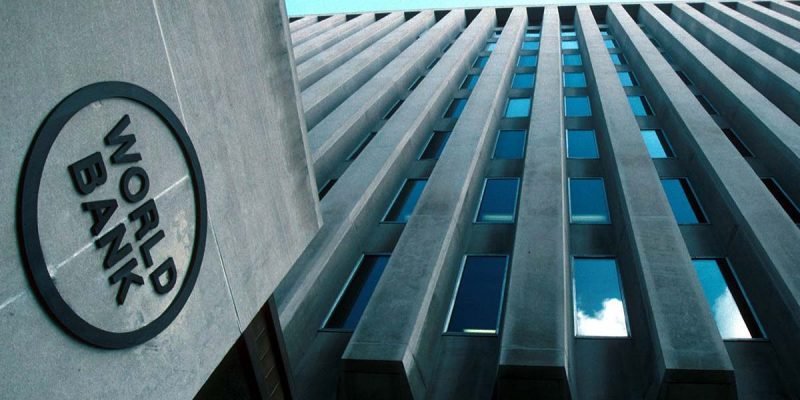India, World Bank sign $68 Million projects for improving education in Nagaland

The Indian government, Government of Nagaland and the World Bank, on February 25 signed a $68 million venture to upgrade the administration of schools across Nagaland just as to improve teaching practices and learning conditions in select schools.
The “Nagaland: Enhancing Classroom Teaching and Resources Project” will improve classroom instruction; set out opportunities for the professional development of teachers; and fabricate innovation frameworks to provide students and teachers with more access to blended and online learning as well as allow better monitoring of policies and programs, a Finance Ministry statement said.
A particularly coordinated approach will supplement regular conveyance models and help relieve the difficulties presented by Covid-19. Around 150,000 students and 20,000 teachers in the government education system in Nagaland will profit from the statewide changes in schools.
C.S. Mohapatra, Additional Secretary, Department of Economic Affairs, Ministry of Finance, said that the education project in Nagaland will address the basic gaps faced by students and teachers and assume a significant part in the improvement of the state. “Human resources development plays a key role in any development strategy and the Government of India has taken several concrete steps to transform the education landscape in India,” said C S Mohapatra, Additional Secretary, Department of Economic Affairs, Ministry of Finance. “The education project in Nagaland will address the critical gaps faced by students and teachers and play an important role in the development of the state,” he added.
Nagaland as of now faces difficulties of weak school foundation, absence of chances for the professional improvement of teachers and limited capacity on the part of communities to partner viably with the educational system. The COVID-19 pandemic has additionally highlighted these difficulties and made extra pressure and disturbances to the state’s school education system.
Junaid Ahmad, World Bank Country Director in India said that even as the number of youngsters going to class in India has expanded throughout the most recent couple of years, there is a developing need to altogether improve learning outcomes to fulfil the needs of the labour market and fuel future growth. “Indeed, even as the number of kids going to class in India has expanded throughout the most recent couple of years, there is a developing need to essentially improve learning outcomes to fulfil the needs of the labour market and fuel future development,” said Junaid Ahmad, World Bank Country Director in India. “This project is intended to help the Government of Nagaland’s continuous endeavours to improve and build up a stronger education framework in the state,” Ahmad said.”The project will uphold the state’s endeavours to change and improve the learning climate in schools so they are child-centred; supportive of modern, technology-enabled teaching and learning approaches; and resilient to future shocks,” said Kumar Vivek, Education Specialist and the World Bank’s Task Team Leader for the venture.
As a component of that strategy, around 15 out of Nagaland’s 44 higher secondary schools will be formed into school complexes that operationalize the envisioned learning environment during the project period. This project is intended to help the Government of Nagaland’s continuous endeavours to improve and build up a stronger education system in the state.



















